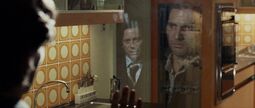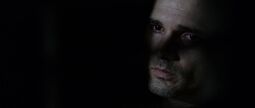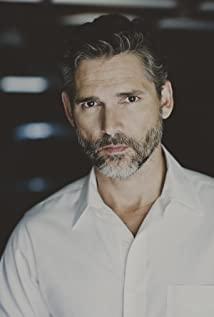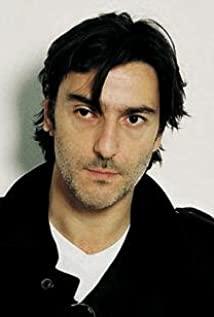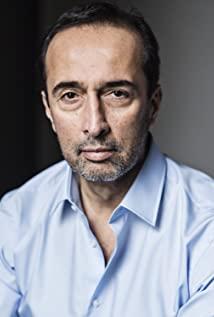In fact, I watched "Munich" as a historical film, and found that the "recorded history" has been pieced together and cut into pieces in Stephen's video, but this does not affect the historical sense of the film. This is not only a matter of details of props and sets, but also the way of recalling exactly what the historical memory looks like in the hearts of the people: scene + scene + scene +... Therefore, the event of 1972, which was the nightmare of the protagonist, became a Too smooth fiction. Therefore, the tragedy as a "historical event" is no longer real, and it is questioned by the protagonist at the end of the film, questioning whether the Palestinians he killed were really related to the tragedy. And through the protagonist’s eyes, we shared with him this personal history belonging to the agent, which is very realistic (but when we showed the death of the bomb expert later, it was not so perfect, because it did not belong to the experience of the male protagonist, and the previous Too many personal experiences of the same characters make it easy for the audience to be confused by the plot). This narrative method of constant flashbacks not only has its origins in Homeric epics, but also is very close to the style of some "postmodern" novels in our current era, and the interaction of experience and "book history" also makes the film more thoughtful .
Given the partly commercial nature of the film, the plain, didactic dialogue is everywhere, so the audience can read the gist of the film without having to think too much about it. I know some film critics are very boring about this, because the power of interpretation is taken back to the producers, so what can film critics do? Apparently the film isn't as technically prominent as War of the Worlds, so the underlined dialogue may have lowered its status. Some film critics also deliberately compared the plot of the film to the so-called real history, and found that "Munich" beautified Israelis in many places, but I think the current cruelty is enough to make people drink, especially for living in horror. For most of the Chinese outside of Islam - every time a kidnapped hostage is almost always unharmed, we may look less at Baghdad. Where I am now, I can't imagine how I can work and live in a country where 100 people are killed by suicide bombing every day; and if I am a citizen of cosmopolitan Beirut, when Israel is indistinguishable What can I do when I drive the tank in.
View more about Munich reviews




